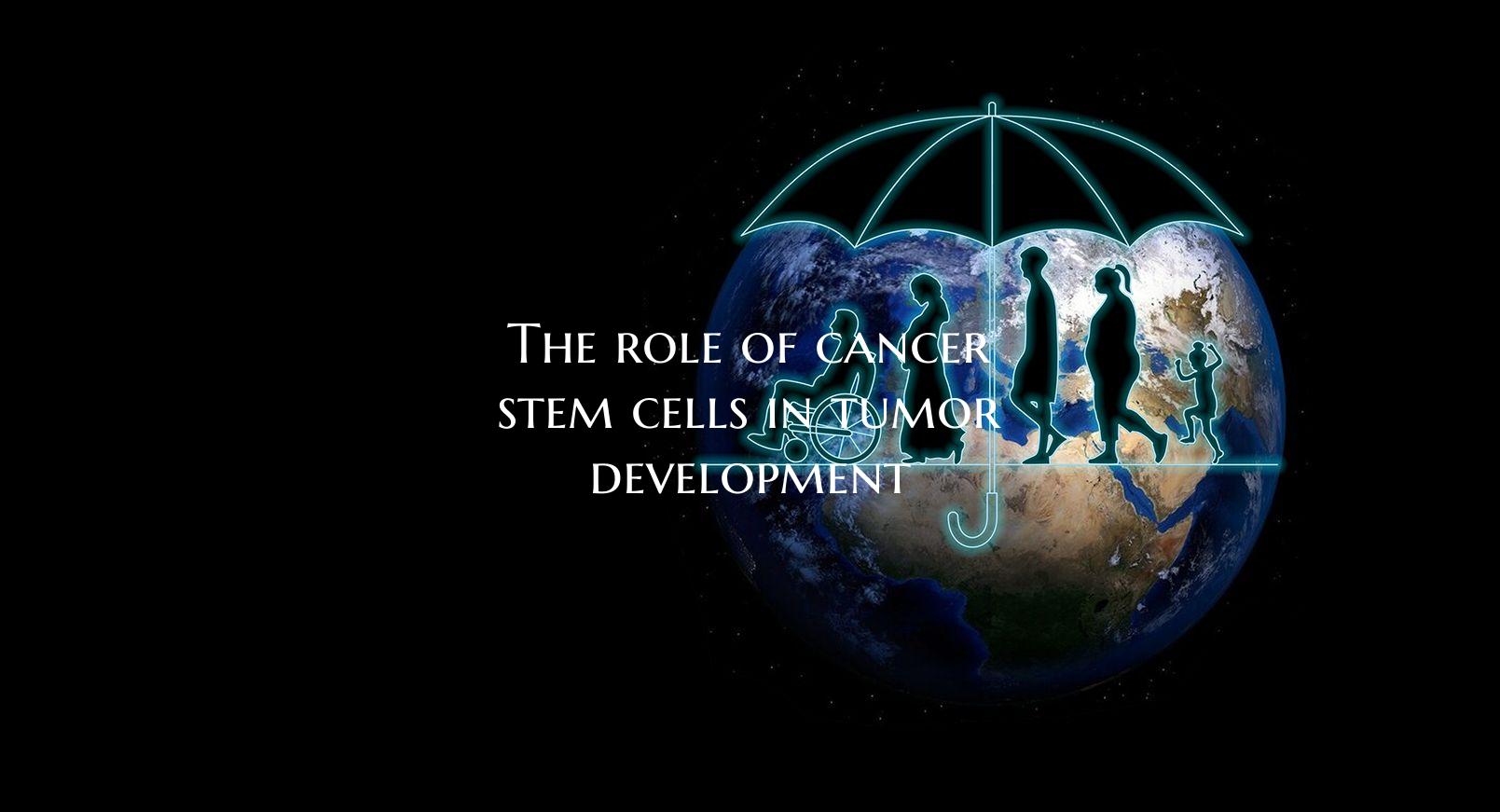
The role of cancer stem cells in tumor development
Cancer Stem Cells (CSCs) are a small population of cells within tumors that have the ability to self-renew and differentiate into various cell types found in the tumor. These cells are considered to be the driving force behind tumor growth, progression, and resistance to treatments.
One key characteristic of CSCs is their ability to initiate tumor formation. Unlike other cancer cells that may proliferate rapidly but lack the ability to create new tumors, CSCs have the capacity to regenerate and sustain the growth of the tumor over time. This self-renewal property allows CSCs to continuously fuel the expansion of the tumor mass.
Moreover, CSCs possess unique properties that contribute to tumor development and aggressiveness. These cells have an enhanced ability to resist conventional cancer treatments such as chemotherapy and radiation therapy. Their resistance to these treatments is thought to be a major factor in cancer recurrence and metastasis.
Furthermore, CSCs are known to promote tumor heterogeneity, leading to the development of different cell types within a tumor. This heterogeneity can make tumors more adaptable and capable of overcoming therapeutic challenges, making them more difficult to treat effectively.
Understanding the role of CSCs in tumor development is crucial for the development of novel targeted therapies that specifically aim to eradicate these cells. By targeting CSCs, researchers hope to disrupt the growth and progression of tumors more effectively, ultimately improving the outcomes for cancer patients.
In conclusion, cancer stem cells play a significant role in tumor development by driving growth, promoting resistance to treatments, and contributing to tumor heterogeneity. Targeting these cells holds great promise for the development of more effective cancer therapies in the future.